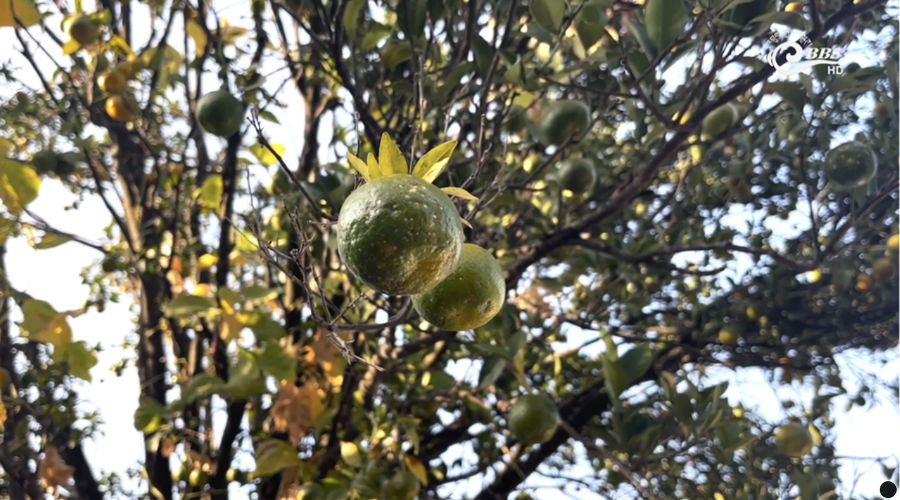 Can climate-resilient seedlings help combat citrus greening and revive Bhutan’s declining orange production? The agriculture and livestock minister said that it is one of the solutions introduced to address the issue. This was highlighted during the National Assembly’s question hour session on Friday.
Can climate-resilient seedlings help combat citrus greening and revive Bhutan’s declining orange production? The agriculture and livestock minister said that it is one of the solutions introduced to address the issue. This was highlighted during the National Assembly’s question hour session on Friday.
The Dophuchen-Tading MP raised concerns over the steep drop in orange production in Samtse. Once a major citrus-producing district, its orange exports have fallen significantly, from over 500 truckloads to just 18 annually.
“People have lost their sole source of income and are now in a hopeless situation. So, what is the ministry doing to revive citrus production and uplift the community?” questioned Ugyen Lama, Dophuchen-Tading MP.
The agriculture and livestock minister cited citrus greening, which was first detected in Phuentshogling in 1992, as the primary cause of the decline. The minister also pointed to aging trees as one of the reasons.
To revive orange production, the minister said that orange is one of the selected varieties under the Million-Fruit-Tree Plantation Programme. He also said the Building Resilient Commercial Smallholder Agriculture or BRECSA project is also being implemented.
“We are supporting four districts: Zhemgang, Trongsa, Sarpang and Tsirang—through the BRECSA (Building Resilient Commercial Smallholder Agriculture) project, which focuses on orchard management. We also have a similar project for six eastern districts, and we are currently working on it,” said Younten Phuntsho, Agriculture and Livestock Minister.
As part of this effort, the ministry is also conducting research on several types of citrus.
“And we are currently studying nine varieties of orange. This is mainly to study how we can prevent diseases and see how we can support different climate-resilient varieties,” added the minister.
Meanwhile, an MP suggested converting orchards to dry land if other alternatives are ineffective.
“Currently, it is difficult to convert orchards to dry land officially. If it is allowed, it would be beneficial as people can cultivate high-yielding crops and also construct houses,” said Tek Bahadur Rai, Shompangkha MP.
In response, the minister clarified that the ministry will consult the National Land Commission, which oversees land conversion matters.
A 2020 study found that Bhutan’s average orange yield was only about seven kilogrammes per tree, whereas in other countries, farmers harvest between 30 and 50 kilogrammes per tree.
Devika Pradhan
Edited by Kipchu








